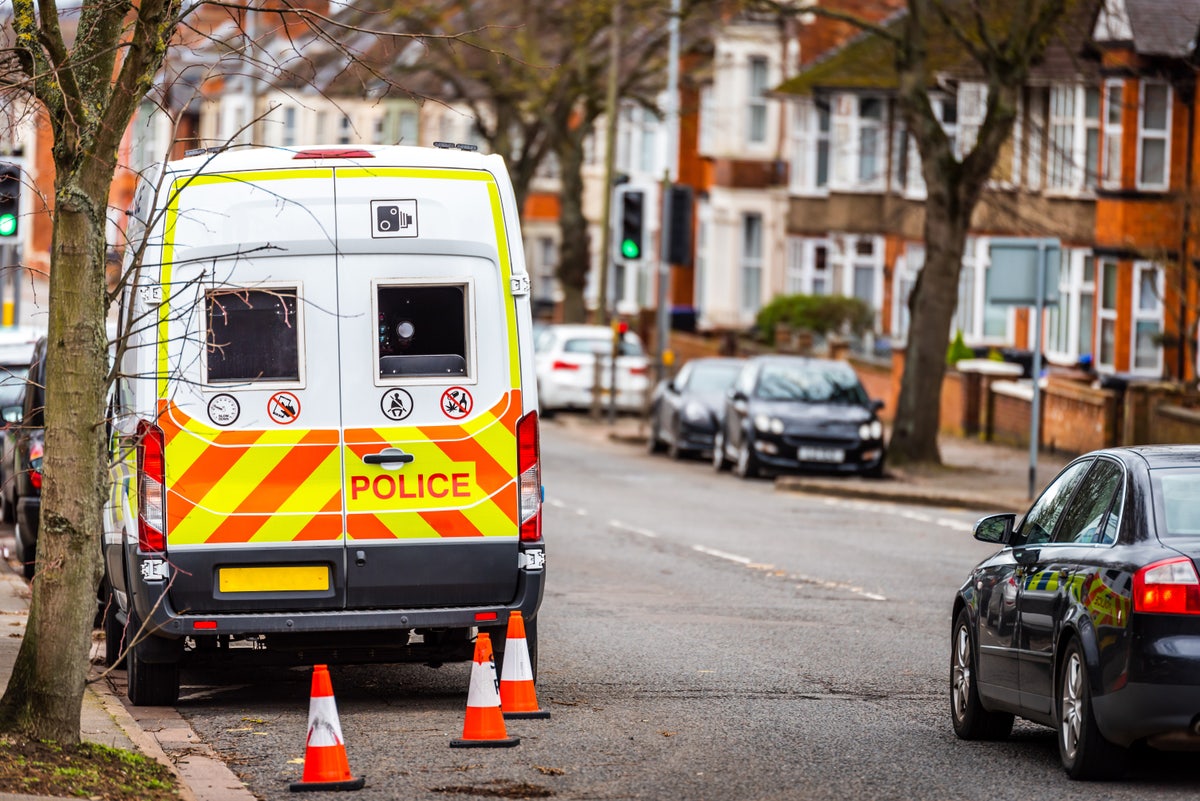Home Secretary says tech will target individuals wanted by the courts

The UK government is moving forward with a wider rollout of live facial recognition (LFR) technology across seven police forces, prompting debate over privacy, legal safeguards, and ethical deployment. Home Secretary Yvette Cooper defended the programme as a “targeted” tool aimed at identifying serious offenders, rather than for low-level offences.
The plan will see 10 vans equipped with LFR deployed in Greater Manchester, West Yorkshire, Bedfordshire, Surrey, Sussex, Thames Valley and Hampshire. Officers operating the technology will follow College of Policing guidance, with checks restricted to police watchlists of wanted criminals, suspects, and individuals subject to court orders or bail conditions.
Cooper said: “The way this technology is being used is to identify people who are wanted by the court, who maybe should be returned to prison, or who have failed to appear before the court, or who have breached things like sexual harm prevention orders, so serious criminals. And I think being able to identify them, alongside having proper legal safeguards and a legal framework in place… we also need to be able to use the technology to catch dangerous criminals and to keep communities safe.”
The expansion has drawn criticism from privacy advocates, including Labour peer Baroness Shami Chakrabarti, who warned LFR use has been “developed pretty much completely outside the law” and carries risks of bias, with false matches disproportionately affecting certain groups. She described the technology as “incredibly intrusive” and a step towards “a total surveillance society.”
Data protection
Concerns over data protection have been echoed by the Information Commissioner’s Office (ICO), which emphasised that biometric data collected through LFR must be handled in a “lawful, fair and proportionate” manner. An ICO spokesperson said: “When used by the police, FRT must be deployed in a way that respects people’s rights and freedoms, with appropriate safeguards in place. FRT is a priority for the ICO due to its potential benefits and risks.”
Cooper stressed that prior deployments, including in South Wales, were focused on serious organised crime rather than minor offences such as ticket touting.
The government plans to introduce a new legal framework to formalise LFR use, with a consultation scheduled for this autumn. Policing minister Dame Diana Johnson defended the rollout, describing it as “about giving the tools to our police officers to enable them to keep us safe.” Previous deployments have reportedly aided arrests for serious offences including rape, domestic abuse, knife crime and breaches of sex offender restrictions.
Alongside the LFR expansion, the government has committed to the Neighbourhood Policing Guarantee, assigning a named, contactable officer to every community in England and Wales to address anti-social behaviour, with forces promising to respond to neighbourhood queries within 72 hours.
Earlier this week Computing reported that the Home Office has permitted police to run facial recognition scans against images held in the UK’s passport and immigration databases without notifying Parliament or the public.

